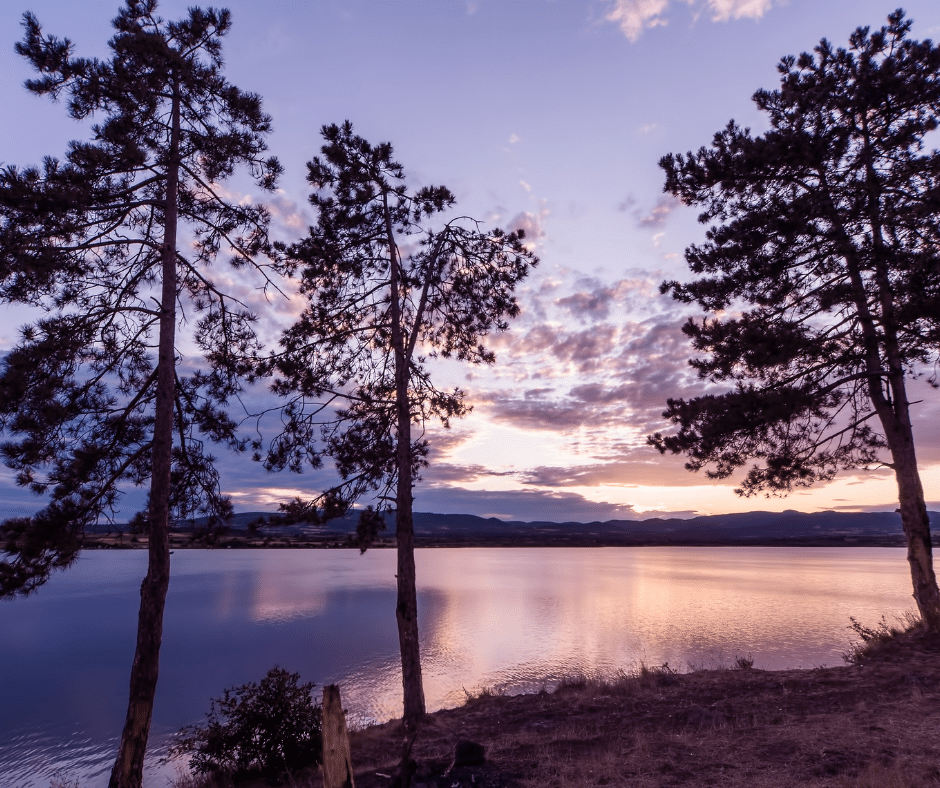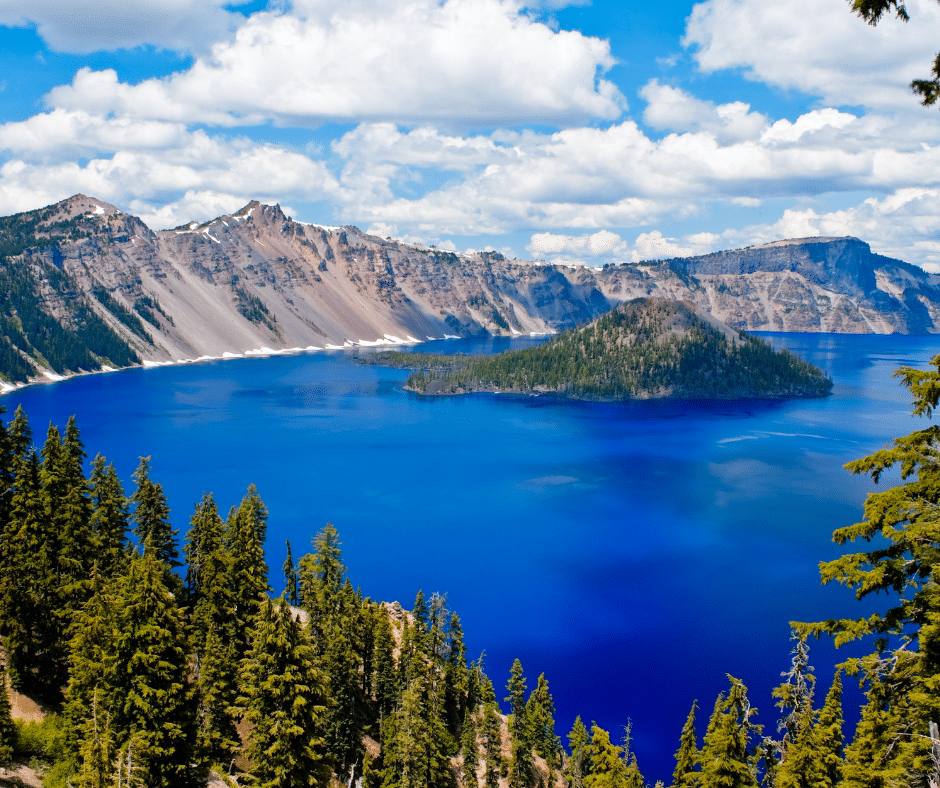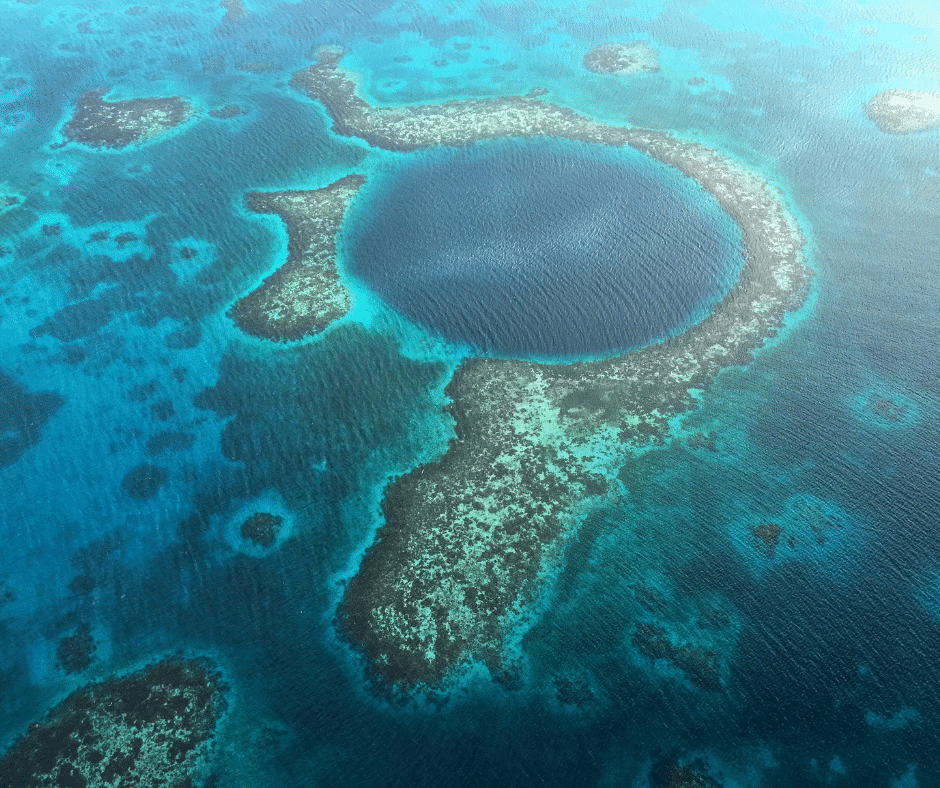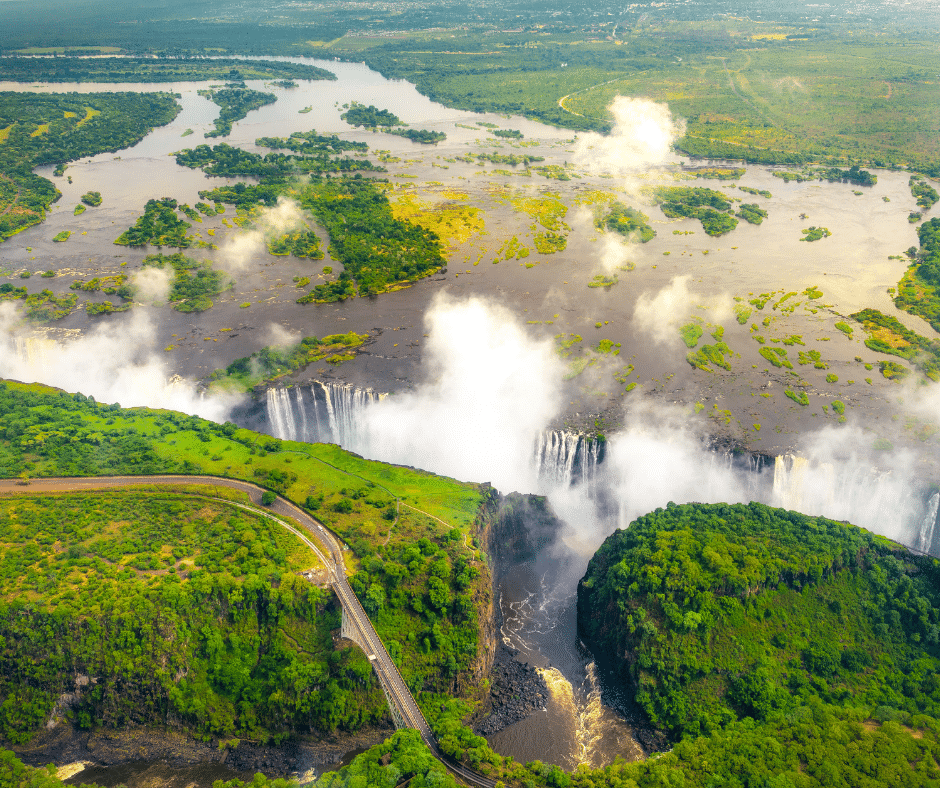The world is full of amazing natural wonders. From the tallest mountain to the deepest ocean trench, there is much to explore. But among all of these natural wonders, one of the most beautiful and awe-inspiring is the lake.
There are countless lakes around the world, each with its own unique beauty. From placid and peaceful bodies of water to raging torrents that churn and froth, from beauty so placid it seems to reflect the sky as a mirror to deep and stormy seas that change color by the hour, there is much natural beauty to be found.

As time goes on, humans have learned more about our world and how we live in harmony with these amazing places. As a result of this growing knowledge, people are more conscious of their environment. There are more regulations on how to treat the lakes and the rivers that flow through them. We have learned that everything is connected – humans are part of this world, not outside of it.
So while there might be fewer pristine natural wonders in the world today than there were before, these places remain untouched and full of natural beauty.
Some lakes that we know today have been around for centuries, while others are very new. Others still were created by man’s own hand to serve a purpose such as recreation or irrigation. But all of these places hold some kind of wonder and beauty for those who choose to seek it out.
Here is a list of some of the most beautiful lakes in the world. They come from every corner of our planet, and each one offers something unique for those who visit them.

1. Crater Lake, Oregon
Crater Lake is a stunning blue lake located in Oregon’s Crater Lake National Park. Formed by the eruption of Mount Mazama 7,700 years ago, this lake is truly unique and breathtaking.
2. Plitvice Lakes, Croatia
The Plitvice Lakes are a series of 16 interconnected lakes located in Croatia’s Plitvice National Park. The lakes are known for their stunning turquoise waters and incredible natural beauty.
3. Lake Baikal, Russia
Lake Baikal is the world’s oldest and deepest lake, located in Russia’s Siberia region. With its crystal-clear waters and beautiful landscapes, it’s easy to see why this lake is a UNESCO World Heritage Site.
4. Lake Tahoe, California/Nevada
Lake Tahoe is a stunning alpine lake located on the border of California and Nevada. The clear blue waters and snow-capped mountains make this one of the most picturesque lakes in the world.
5. Loch Ness, Scotland
Loch Ness is a large, deep lake located in Scotland’s Highlands region. Although often shrouded in mist, this lake is famous for its legendary monster, Nessie.
6. Lake District, England
The Lake District in England is known for its stunning lakes in the valley of the rivers Cumbria and Eden. The area has been a national park since 1951 and is well-known for its beautiful landscapes and peaceful environment.

7. Great Blue Hole, Belize
Great Blue Hole is a large submarine sinkhole located near Ambergris Caye in Belize’s Lighthouse Reef. Formed by the collapse of limestone cave systems, this awe-inspiring blue hole measures 984 ft across and 407 feet deep. It was named one of the New Seven Wonders of Nature by National Geographic Traveler magazine in 2007 and has even become a popular spot for scuba diving.
8. Lake Titicaca, Peru/Bolivia
Lake Titicaca is a large lake located in the Andes Mountains on the border of Peru and Bolivia. The lake is known for its stunning blue-green waters and for being the highest navigable lake in the world.
9. Moraine Lake, Alberta
Moraine Lake is a glacially-fed lake located in Alberta’s Banff National Park. The intense blue color of the water is caused by the refraction of light off the rocky bed of the lake. This picturesque lake is one of Canada’s most popular tourist destinations.

10. Victoria Falls, Zambia Zimbabwe
Victoria Falls is a waterfall located near Livingstone in Zambia, formed by the Zambezi River. This waterfall is one of the most spectacular in the world and offers great views from both above and below its immense curtain of water.
You might have your favorite lake, but these 10 are indisputable proof that Mother Nature never ceases to amaze us.
